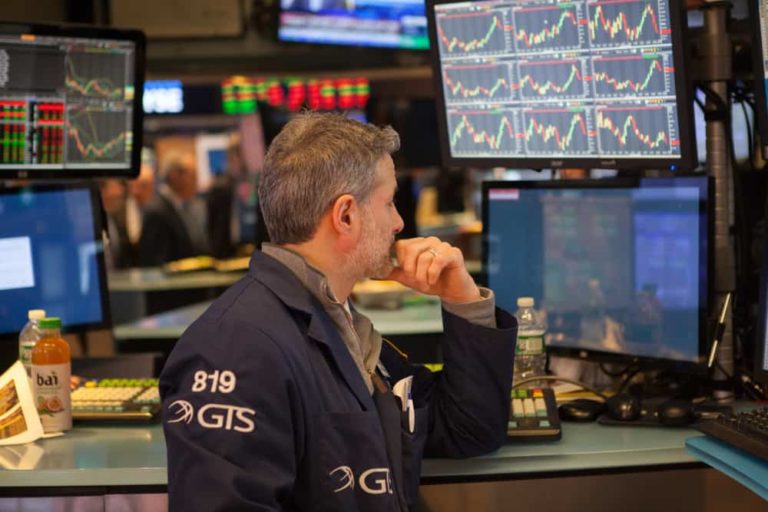Geopolitics always played a role in the global economy long before the Great War.
However, since the end of the Cold War, its significance was almost undermined and economists and policy makers focused more on the supply of money.
Political shocks that attracted world attention, such as the 9/11 attack in the U.S., reminded everyone that the world is not that safe after all.
But the 30-year truce that left the United States claim global hegemony ended nearly a decade ago with the emergence of China as the country becoming a frontrunner in overtaking Japan and then Russia. The latter’s economy is constrained after it embarked on its second imperial war with the annexation of Crimea following the invasion of the eastern regions of Ukraine.
Fast forward to 2024 and the world is engulfed in a major war in Ukraine, which involves all the old nuclear powers, and a regional conflict in the Middle East between Israel and Hamas, one of the Iranian proxies in the region, with the pretext of supporting the Palestinian cause, when in reality that is merely an excuse.
This time, however, the Middle East faces the prospect of entangling more regional and global players than any other conflict that took place in the area in the last 100 years.
As more Iranian proxies enter the fray in order to force Israel to a cease fire in Gaza and spare the remaining terrorist elements of Hamas, they create a massive geopolitical risk which is already a source of concern, not just for global security, but also for economic stability.
Reuters reported this week that “the U.S. launched new strikes against Houthi anti-ship missiles aimed at the Red Sea, as growing tensions in the region’s sea lanes disrupted global trade and raised fears of supply bottlenecks that could reignite inflation.”
ECB chief Christine Lagarde was quoted last week as saying that the ‘hardest and worst bit’ regarding inflation was likely over and that interest rates would be cut if the ECB had certainty that inflation had fallen to the 2% level.
Reuters also reported that, “the ECB sees inflation oscillating in the 2.5% to 3% range for much of this year and policymakers have said any talk of a rate cut before crucial first-quarter wage data due in May would be premature.”
2023 was supposed to be a tough year for stocks. Consumers shrugged off higher interest rates, and investors were more optimistic than fearful, mainly due to exuberance around AI. As a result, the S&P 500 rallied over 24%.
Markets indecisive
However, the stock market grew a mere 0.23% so far this year, indicating it is indecisive about direction. This translates into significant risks that markets have been unable to account for.
Also, Cyprus finance minister Makis Keravnos warned of the geopolitical risks in the Red Sea could ignite a new round of inflation amid rise in the cost of transportation of goods from Asia to Europe, over a longer route around Africa, as against through the Red Sea.
Freight costs have tripled since the start of the year, according to freight and forwarding experts. If tensions escalate in the region, then a protracted increase in the total costs of consumer goods will cause inflation fears to persist and make the prospects of interest rate reduction evaporate.
Europe will then face a much greater challenge to address economic growth than before, while central banks in the eurozone will demand more prudential rules for lending, as a new round of bad performing assets could become a reality.
The focus now is on the Houthi rebels and whether NATO or an international task force can keep them in check or even consider more drastic options.
It is the first time that this Yemeni group, which is armed and financed by Iran for years mainly to threaten their religious and ideological enemy of Saudi Arabia, has joined a conflict that allegedly aims to help the Palestinians.
Dictatorships
As the war in Israel and Gaza rages on, every single dictatorship in the region, particularly those with strong Islamic ideologies, found an excuse to express their anti-American and anti-Semitic sentiments.
Communists around the world have also joined the circus branding the Israeli response to terrorism as another imperial step that causes chaos, death and destruction of innocent people.
Daily Sabah, a major Turkish newspaper reported in November that 30,000 children were killed since the start of the Syrian war, let alone the millions of refugees. But since Israel had no involvement in this conflict, but this was mainly Russia, communists and the rest in the region made little fuss.
With more protests everywhere in the Middle East and the Iranian regime raising the stakes with its proxies, one can only hope that Israel’s operation in Gaza will finish soon or at least before other security threats materialise.
Unless Iran steps back from the conflict with its proxies then the prospect of becoming the target of a lightning war would not be avoided. Global economic nightmares will inevitably materialise with supply shocks affecting growth everywhere.
Michael Olympios is Editorial Consultant for the Financial Mirror










